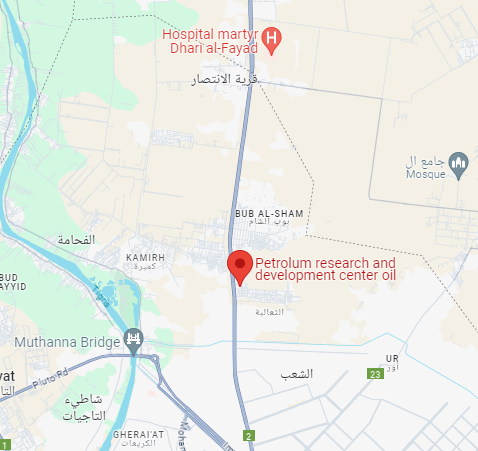Torque and Drag forces challenges in highly deviated oil well (Zubair oil field)
DOI:
https://doi.org/10.52716/jprs.v9i1.271Keywords:
Torque, Drag, Stuck pipe, Well bore instabilityAbstract
The benefits from doing this analytical study in order to be able to measure and predict the frictional forces affecting a drill string and wellbore (Torque and drag) by construct model of well plan software, hence; the high deviated and directional wells must be planned to keep the torque and drag forces at a minimum and allowable limit.
Also, knowledge of the drill string phenomena can give us an opportunity to choose drill string components that consider these extra forces involved in the operations "high torque and drag values" in directional sections.
In addition to knowledge of influence torque and drag on planned well trajectory can give us a good idea and lesson learned to consider this challenges in the next planned well profile. As a result of well path design one of the best ways to reduce torque and drag forces.
One deviated well in Zubair oil field named, ZB-348 have been selected for analyses torque and drag problems and study the effect of (friction factor, well profile and drill string design) on the mentioned problem.
Well data include hole section size, fluid properties, well profile survey, rig specification, drill string details and drilling parameters were used in well plan software from landmark worldwide programming group to make a comparison between actual and planning status.
The results show a difference between planning and actual case when drilling 12.25" hole and found the root causes for this difference are high flow rate, tortuosity, well bore instability and complete losses.
The maximum torque about (20 klb-ft) and drag value approximately (30 klb).
Downloads
Published
How to Cite
Issue
Section
License
Copyright (c) 2020 Ayad A.Alhaleem A.Razzaq , Hasan Ali Neamah

This work is licensed under a Creative Commons Attribution 4.0 International License.














